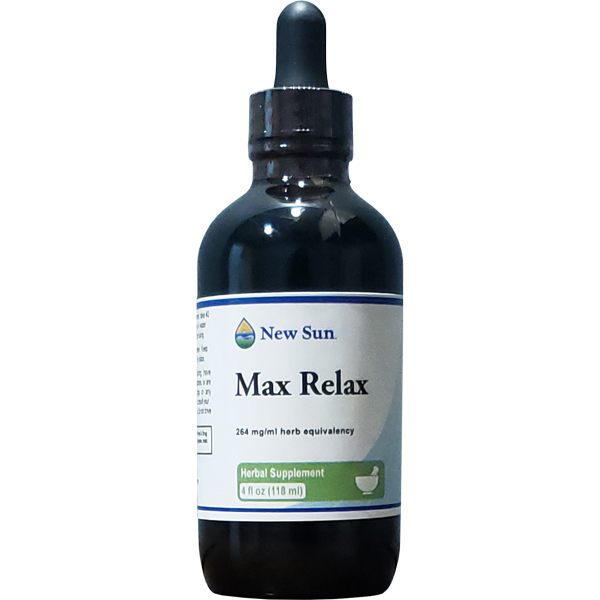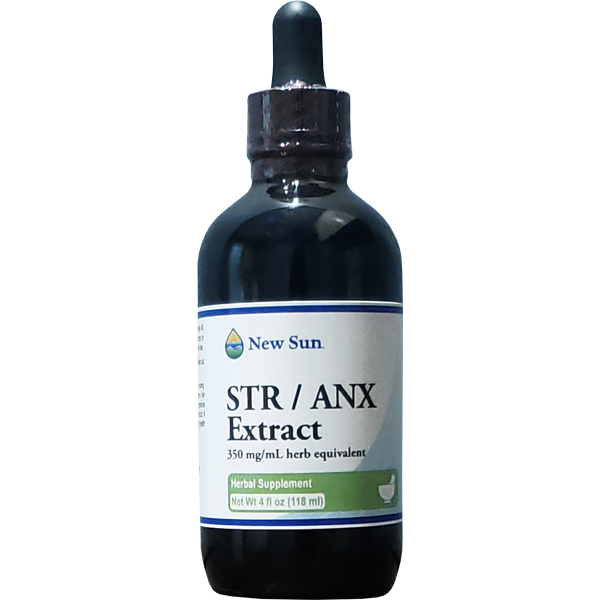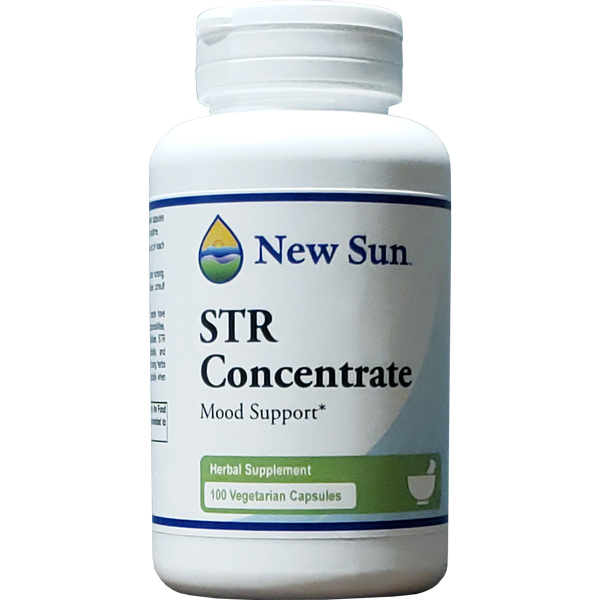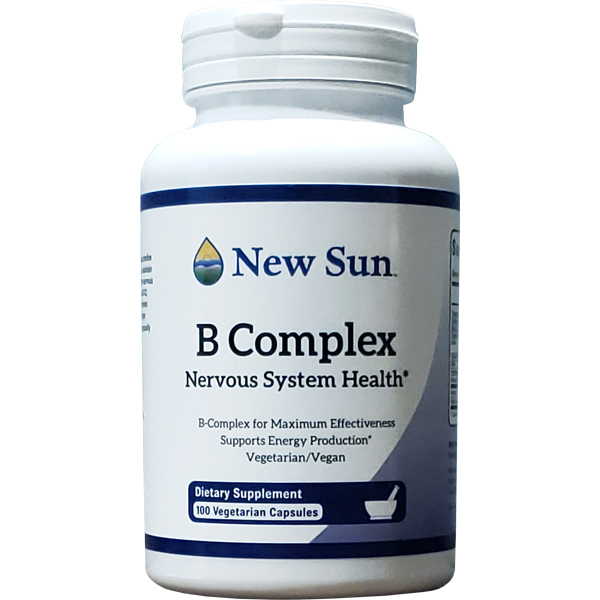 Sinuses are part of the human body that many of us don’t think about until they’re causing problems. But this connected system of hollow cavities in the skull is always working hard for us — our sinuses humidify the air we breathe and can help catch environmental contaminants and prevent them from entering our bodies and hurting us.
Sinuses are part of the human body that many of us don’t think about until they’re causing problems. But this connected system of hollow cavities in the skull is always working hard for us — our sinuses humidify the air we breathe and can help catch environmental contaminants and prevent them from entering our bodies and hurting us.
The largest sinus cavities are about an inch across, but others are much smaller. Your cheekbones hold your maxillary sinuses. Your ethmoid sinuses are located between your eyes. The bones behind your nose are your sphenoid sinuses. Your frontal sinuses are located between your eyes.
Our sinuses are lined with soft, pink tissue called “mucosa.” Normal, healthy sinuses are empty with the exception of a thin layer of mucus, which is what helps capture contaminants.
It’s when our sinuses become blocked that problems can begin. When our sinus system becomes filled with fluid or mucus, they aren’t able to prevent contaminants and germs from entering our bodies, which can cause a sinus infection, or sinusitis.
Causes of Sinusitis
It is estimated that over 30 million people in the United States are diagnosed with sinusitis annually. Types of sinusitis range from acute, which can last about two to four weeks, to chronic, which lasts 12 weeks or longer. Recurrent sinusitis occurs several times a year.
Some of the conditions that can trigger sinusitis are the common cold; allergic rhinitis caused by allergens; nasal polyps (which are small growths in the lining of the nose); or a deviated septum, which is a shift in the nasal cavity due to trauma, genetic predisposition, or can be congenital. Pregnant women are also more prone to sinusitis.
Children can develop sinusitis from allergies, from contracting illnesses from other kids at school or daycare, from using pacifiers, or from drinking while lying on their backs.
The primary risk factor for sinusitis for all demographics and ages is smoking or being around someone who smokes in the house.
Sinusitis Symptoms
The severity of symptoms can vary slightly from person to person and range from headaches to a stuffy nose to general overall discomfort. It’s often confused with a cold, since it begins with a stuffy, runny nose, facial pain or pressure, and coughing or congestion.
In rare cases, you can experience more severe symptoms, such as a fever, fatigue, bad breath or even dental pain. Watch out especially for thick green or yellow discharge from your nose, which can often indicate an infection that needs to be addressed as soon as possible.
Natural Ways to Support Your Sinuses
You can take steps to spare yourself the suffering sinusitis can cause without using products that contain harsh chemicals or excipients, which are inactive ingredients in medications such as dyes and binding agents.
1. Start from the inside out. What you eat is important for sinus support. Dishes that contain ingredients and spices known for their antibacterial and anti-inflammatory properties such as garlic, onions, ginger, turmeric, and raw honey can help set your immune and respiratory system up for good health and sinusitis prevention success.
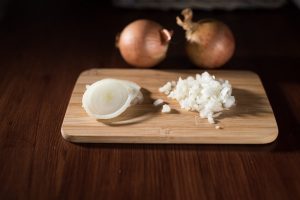
2. Keep your sinuses hydrated using humidifiers and diffusers. Diffusers are especially helpful because you can use essential oils with them that help contribute to good respiratory health and treat symptoms. An excellent choice to help treat sinusitis is eucalyptus or peppermint oil. These oils work to expel any unnecessary mucus out of your sinuses and help you get over sinusitis more quickly. Peppermint oil has the added benefit of helping to soothe nausea symptoms.
3. Use a neti pot to help ease symptoms. Neti pots work as a nasal irrigation tool to help clear the sinuses of any excess mucous.
Use the neti pot by filling it with distilled water or a saline solution, then inclining your head over a sink at a 45-degree angle and inserting the spout of the pot into your top nostril. Carefully pour the saline solution down that nostril, and then, following the same instructions, pour into the other nostril.
(Note: Sanitize your neti pot after EVERY use, as it can be a breeding ground for bacteria and viruses. ONLY use distilled water or a sterile saline solution in your neti pot — tap water from the sink has the possibility of introducing contaminants like bacteria or parasites into your nasal cavities, which will only make your condition worse.)
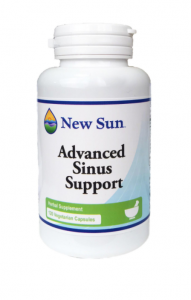 4. Consider taking supplements that support sinus health. Try our Advanced Sinus Support, which is formulated with herbs such as cayenne pepper, echinacea, and nettle leaf to help reduce inflammation, clear excess mucus, and relieve sinus pressure and nasal congestion while also assisting the immune system and offering support for those with allergies or respiratory problems.
4. Consider taking supplements that support sinus health. Try our Advanced Sinus Support, which is formulated with herbs such as cayenne pepper, echinacea, and nettle leaf to help reduce inflammation, clear excess mucus, and relieve sinus pressure and nasal congestion while also assisting the immune system and offering support for those with allergies or respiratory problems.
If you have questions about Advanced Sinus Support or would like other all-natural recommendations for treating sinusitis, our friendly customer care team is just a phone call away. We stand behind the products we make, and we’re knowledgeable about their effects because we use them ourselves. Contact us and learn why our customers put their trust in us for their path to better health!

